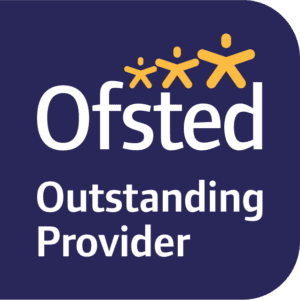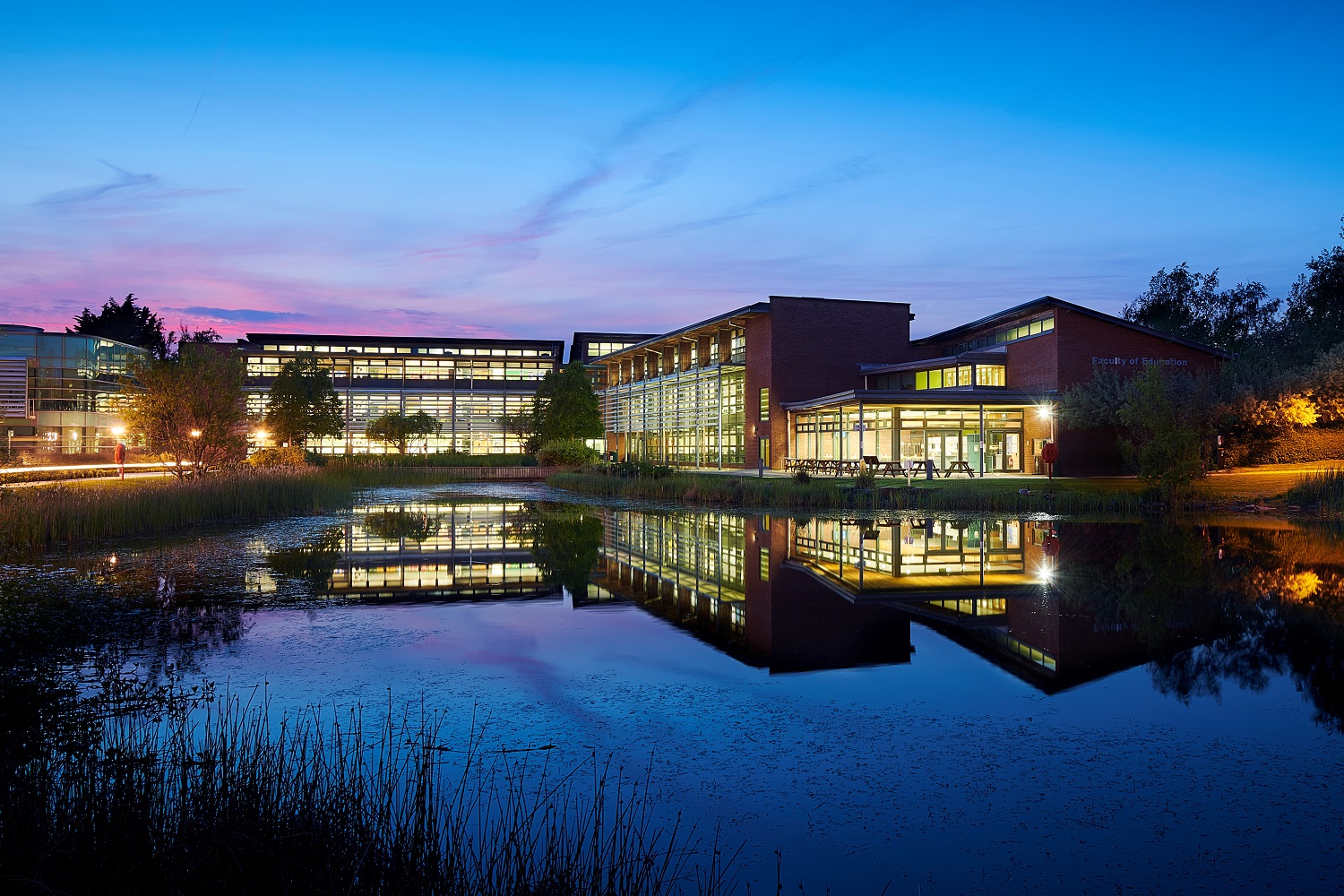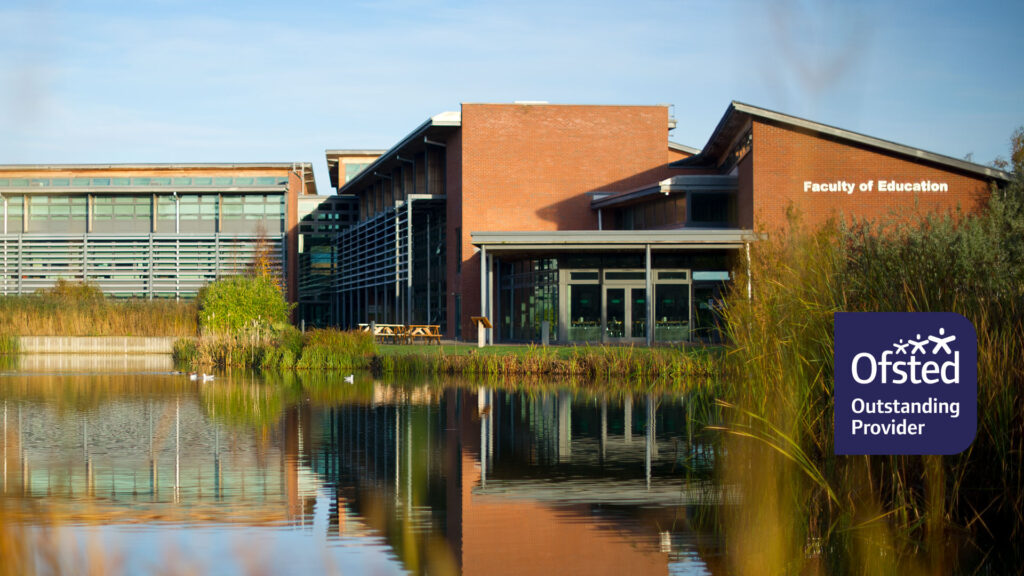Secondary Religious Education with QTS (11-16) PGCE
GOV.UK code: V6X9
Encourage empathy, curiosity and critical thinking in secondary school pupils. During our PGCE Secondary Religious Education, you’ll learn how to raise cross-cultural awareness, network with a range of faith practitioners and, upon successful completion, gain a recommendation for Qualified Teacher Status.
Overview
| Course length: | 1 year full-time |
|---|---|
| Start dates: | September 2024 September 2025 |
| Location: | Edge Hill University |
| Subject(s): | Education and Teaching |
| Faculty: | Education |
| Department: | Secondary and Further Education |

The world is a diverse place. As a Religious Education (RE) teacher, you’ll show young people the range of worldviews and perspectives which people around the world hold, and how this informs the way communities live their lives.
Our PGCE Secondary Religious Education delves into the values and academic skills you’ll need. Get to grips with contemporary teaching styles and methods, and further your knowledge of this fascinating subject.
We’ve designed this course so you can combine learning on campus with practical experience in the classroom. Whenever you need support or feedback, you can turn to your subject specific tutors and school-based expert mentor. We’re here to help you become the best teacher you can be.
This course equips you for your future career, offering hands-on experience in planning and delivering RE lessons. You’ll also get the chance to meet and build connections with representatives from a range of world views including Humanism and Veganism, alongside members of traditional faith communities.
Successful completion of the programme leads to a recommendation for Qualified Teacher Status (QTS).
Subject knowledge enhancement
If you need to develop your religious education subject knowledge or it has been some time since you last studied religion, then our free subject knowledge enhancement course will prepare you for teaching the conceptual and applied aspects of religious education effectively to learners aged 11-16 years.

Course features
-
Ofsted outstanding provider for Initial Teacher Education
-
Professional accreditation
-
Professional practice placements
-
International students can apply
What you'll study
During this course, you will develop your understanding of what effective RE looks like with a focus on Key Stage 3 and 4. Learn to plan lessons which help pupils develop the skills they need to be engaged and informed in their local and global communities.
Explore how to apply subject specific approaches relating to worldviews, religions, and philosophical and ethical matters. These experiences are designed to help you understand how RE can promote discussions around faith and encourage young people to embrace diversity.
Get a better understanding of life as a secondary RE teacher through placements in two different settings. Reflect on your progress and build on your academic skills with support from your subject specific tutor and school-based expert mentor. We’ll also make sure you have the tools to support online or remote teaching.
To boost your confidence in the classroom, you’ll explore the ways pupils learn and develop classroom management techniques. You’ll also develop effective assessment methods and engagement strategies. We’ll explain how to check your teaching is always adaptive and inclusive.
How you'll study
A combination of academic study, group discussion and reflection, and practical, work-based learning in the classroom will give you all the knowledge and skills you need to become a creative and innovative teacher. The programme also aims to develop a reflective and a critically analytical approach to education.
You will undertake extensive placements in schools, colleges and settings, putting your training into practice through assisting in and taking responsibility for classes, and working alongside mentors and peers to further your professional development. The focus initially is on observation and supporting teaching and learning. Your teaching timetable will increase as your training progresses and you become more confident and competent in the classroom.
You will also develop your subject knowledge and gain useful contacts with religious communities that could help you during your teaching career, by visiting places of worship and meeting faith practitioners from the six main world religions represented in the Local Syllabi.
How you'll be assessed
A balanced combination of coursework and observed classroom experience will be assessed against academic criteria at Level 7 and the QTS Standards. Various other tasks will enable you to show your competence in ICT and other areas of Religious Education.
Your professional practice will conclude with a final viva that will allow you to demonstrate appropriate achievement against the Teachers’ Standards in order to allow us to make a recommendation for QTS.
Who will be teaching you
The Faculty of Education has been at the forefront of teacher education for over 135 years and today enjoys the enviable position of being one of the country’s leading providers of education, training and research for the children’s workforce.
You will be taught by a dedicated team of knowledgeable, experienced, friendly and supportive tutors who have the welfare of their trainees as a number one priority.
Entry criteria
Entry requirements
To join this PGCE, you will be expected to have:
- A degree equivalent to UK first-class or second-class honours (2:2 or above) in a relevant subject. Other subjects may be considered if you have an A Level in a relevant subject (or equivalent qualification) and a willingness to engage in a subject knowledge enhancement course.
- GCSE English Language or English Literature and GCSE Mathematics at Grade C or Grade 4 or above (or equivalent qualification).
- Satisfactory levels of information and communications technology competence.
- A commitment to, and understanding of, secondary education, demonstrating the personal attributes, values and motivation required to train as a teacher.
Please note, for the purposes of initial teacher training, level 2 literacy and numeracy qualifications are not considered as equivalent to GCSE Grade C or Grade 4 in English Language or English Literature and Mathematics.
An interview forms part of the selection process, which can be conducted online or face to face.
If you accept a formal offer from Edge Hill University you will be required to meet the Department for Education’s standards for physical and mental fitness to teach and clearance to work with children. Further information, including a Declaration of Health questionnaire and details of how to apply for a Disclosure and Barring Service (DBS) Enhanced Disclosure will be sent to you after you have firmly accepted an offer.
English language requirements
International students require IELTS 6.5, with a score no lower than 6.0 in each individual component, or an equivalent English language qualification.
If your current level of English is half a band, one band, or one-and-a-half bands lower, either overall or in one or two elements, you may want to consider our Pre-Sessional English course.
How to apply
Apply full-time
Read our guide to applying for PGCEs and Postgraduate Teacher Training to find out more about the application process.
International
Please see our international student pages for further information about how to apply as a prospective international student.
Should you accept an offer of a place to study with us and formally enrol as a student, you will be subject to the provisions of the regulations, rules, codes, conditions and policies which apply to our students. These are available at www.edgehill.ac.uk/studentterms.
There’s plenty of opportunities to come take a look around campus. Attend one of our open days to see what life at Edge Hill University is all about.
Book an open day
Facilities
 Housed in a state-of-the-art £9million building, the Faculty of Education enjoys a stunning setting from both its lakeside and piazza buildings.
Housed in a state-of-the-art £9million building, the Faculty of Education enjoys a stunning setting from both its lakeside and piazza buildings.
Facilities in the lakeside building include a 300-seat lecture theatre, five well-equipped ICT suites, and 18 teaching rooms complete with the latest technology. The lakeside building is also home to a popular vegan and vegetarian cafe where students can meet to socialise and discuss their studies.
The nearby piazza building offers modern facilities including a lecture theatre and a number of seminar rooms.
Where you'll study
Faculty of Education
Finance
Tuition fees
UK Full-Time
£9,250
for the course
International
£16,500
for the course
EU/EEA and Swiss students who have settled or pre-settled status under the EU Settlement Scheme, as well as Irish nationals, may be eligible for the UK tuition fee rate.
Financial support
Subject to eligibility, UK students joining this course can apply for a Tuition Fee Loan from the Government to cover the full cost of tuition fees. UK students enrolling on the course may also be eligible to apply for additional funding to help with living costs.
Please view the relevant Money Matters guide for comprehensive information about the financial support available to eligible UK students.
Applicants to Student Finance should apply for undergraduate funding and not a postgraduate loan. Subject to eligibility, UK students joining this course can apply for an additional Bursary from the government. Please see updated eligibility from the bursaries and scholarships page.
EU/EEA and Swiss students who have settled or pre-settled status under the EU Settlement Scheme may be eligible to apply for financial support. Irish nationals can ordinarily apply to Student Universal Support Ireland (SUSI). If you are an EU student who does not have settled or pre-settled status, or are an international student from a non-EU country, please see our international student finance pages.
Your future career
This PGCE is accredited by the Department for Education. Successful completion of the programme will enable you to gain recommendation for Qualified Teacher Status (QTS). You will be well placed to progress into employment as an early career teacher of religious education at secondary school level.
Opportunities in other areas too. You may also want to continue your studies by completing an MA or PhD, or go on to teach subjects such as humanities, sociology and theology.
Course changes
Every effort has been made to ensure the accuracy of this information, however our courses are subject to ongoing review and development. Changing circumstances may necessitate alteration to, or the cancellation of, courses.
Changes may be necessary to comply with the requirements of professional bodies, revisions to subject benchmarks statements, to keep courses updated and contemporary, or as a result of student feedback. We reserve the right to make variations if we consider such action to be necessary or in the best interests of students.









